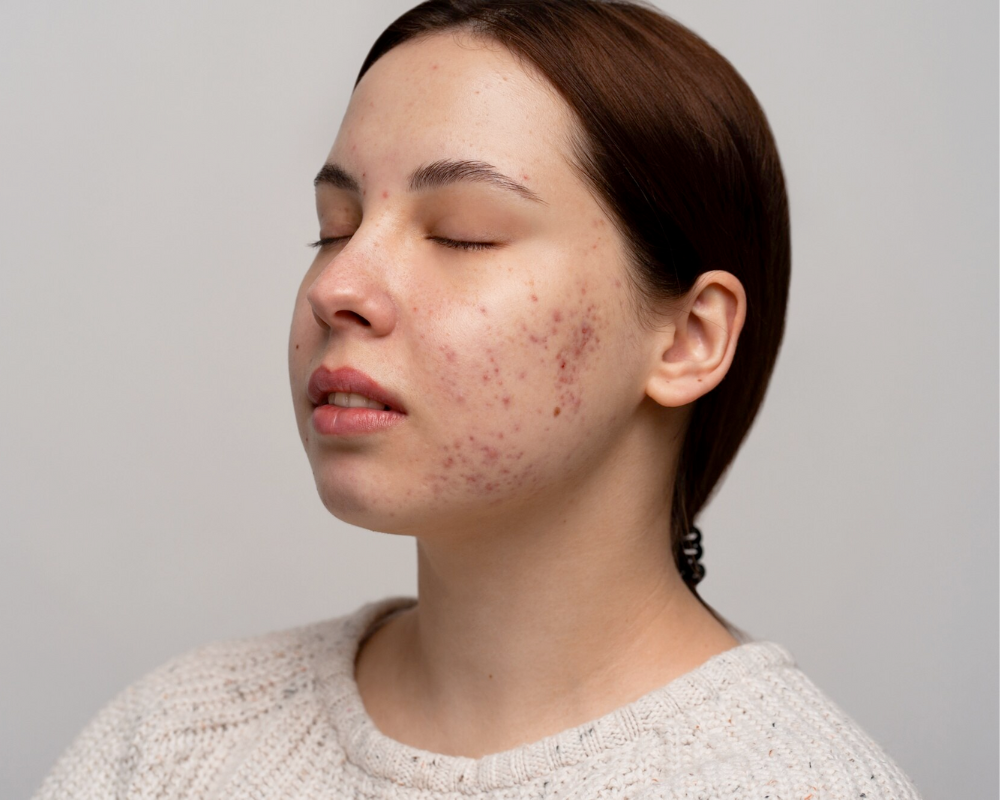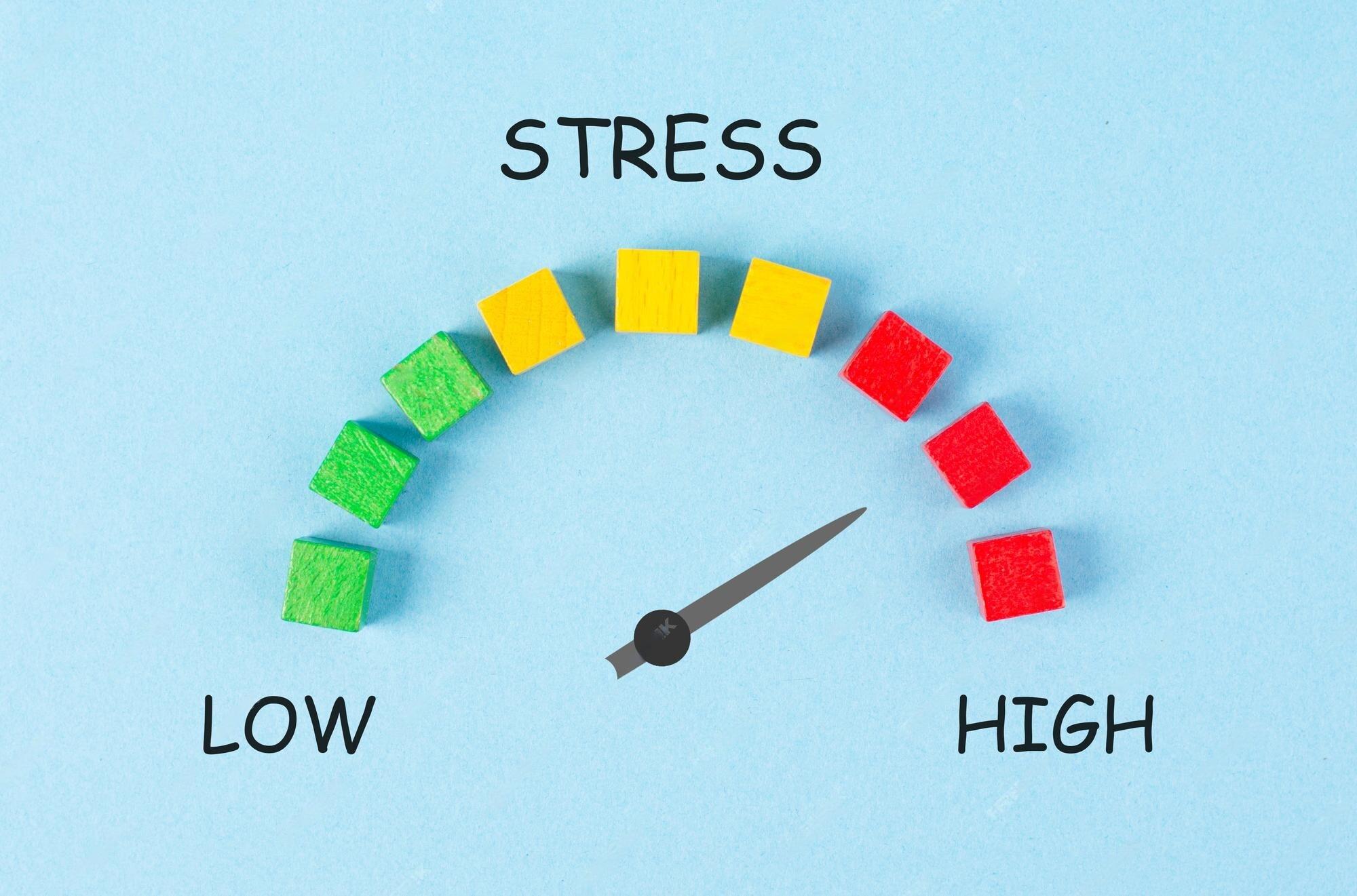Vasodilatation
- Flushing
- Reddening






Histamine is produced by microbial action in manufacture of foods such as:
Vinegar
Yeast extract
Sauerkraut
Cheese
Wine
Beers
Fermented meats and sausages

Histidine, a naturally occurring amino acids in foods, can be converted to Histamine by intestinal bacteria. Histidine may develop in fish that have been improperly processed or refrigerated, especially:
Tuna
Mackerel
Bonito
Bluefish
Mahi Mahi
Shelfish

Some foods naturally contain histamine, such as:
Spinach
Aubergine (eggplant)

Some foods develop histamine during the ripening process:
Tomatoes
Cherries
